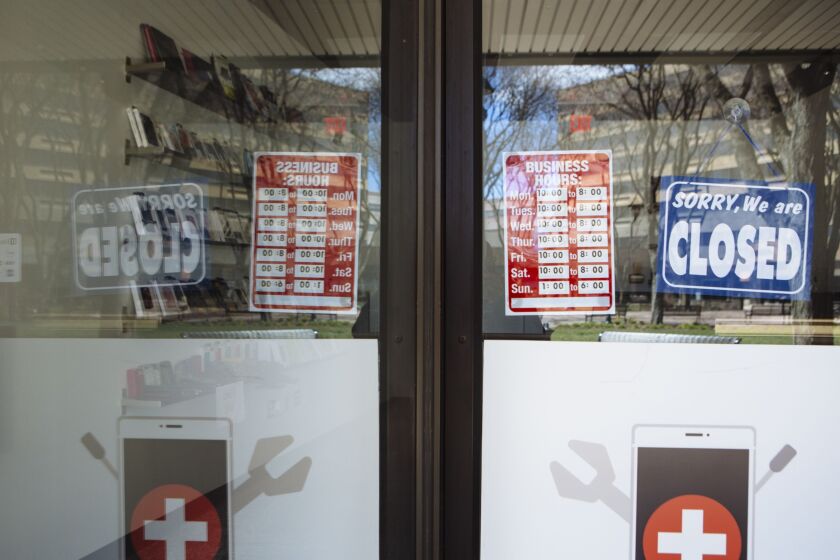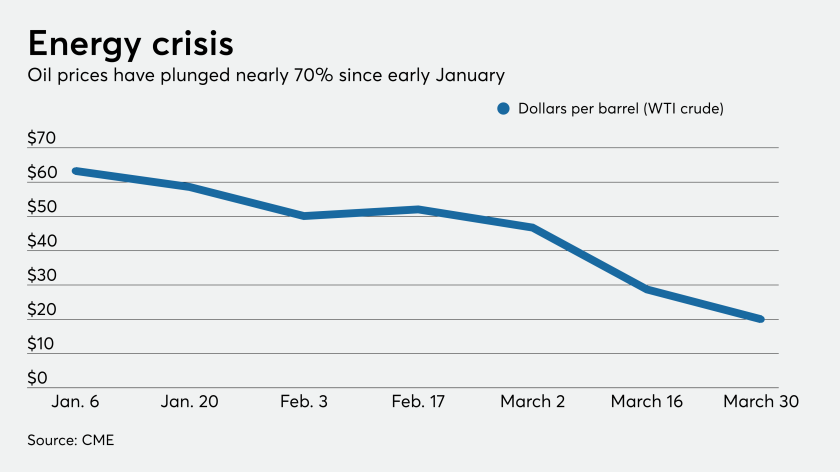Accounting and tax professionals are especially in the throes of the evolving situation as federal and state governments discuss how they will provide relief to struggling families and American businesses.
The Trump administration’s $349 billion small-business rescue kicked off Friday surrounded by concerns about its ability to handle an expected flood of applications and deliver enough aid to mom-and-pop firms hit hardest by the coronavirus pandemic.
Many bankers find crucial parts of the SBA effort to help businesses hurt by the coronavirus outbreak to be unclear and onerous. If those issues go unresolved, participation could suffer.
Lenders can offer deferred payments and capitalize on digital banking to help small businesses and consumers get back on their feet.
Fitch Ratings placed Alaska's AA-minus issuer default rating on Rating Watch Negative.
Lenders and government guarantors can use loan technology to bring immediate relief to business owners, former OCC official Jo Ann Barefoot says.
Small businesses that had been experiencing steady job and wage growth prior to the outbreak of the coronavirus pandemic are seeing that situation change, according to figures from the payroll giant Paychex.
Weak demand for oil and gas, brought on by the economic fallout of the coronavirus outbreak, has raised concerns of energy firms missing loan payments or even going bankrupt. Here’s how banks and regulators are trying to get ahead of potential problems.
The regulation established standards for investors who own less than a quarter of an institution. Banks are getting more time for implementation as they focus on effects of the COVID-19 pandemic.
The 2008 package proved some banks were too big to fail. But the rushed $2.2 billion stimulus shows now any company can be bailed out.

















